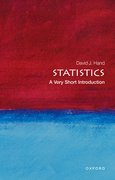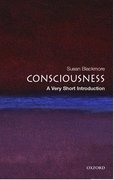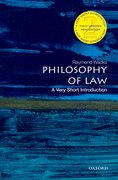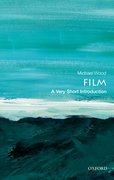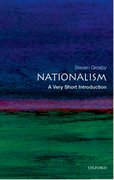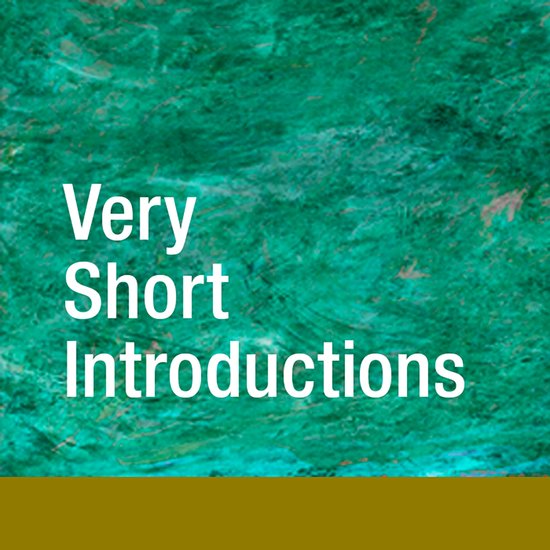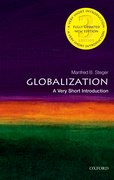Statistics and big data
David J. Hand
Nowadays it appears impossible to open a newspaper or switch on the television without hearing about “big data”. Big data, it sometimes seems, will provide answers to all the world’s problems. Management consulting company McKinsey, for example, promises “a tremendous wave of innovation, productivity, and growth … all driven by big data”.

